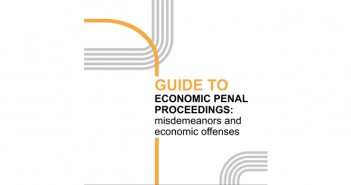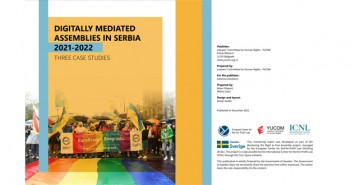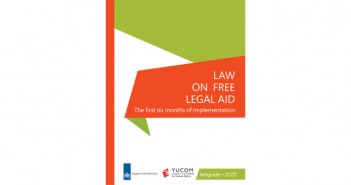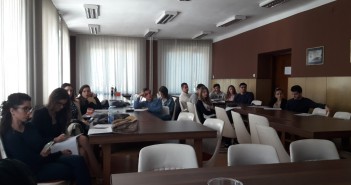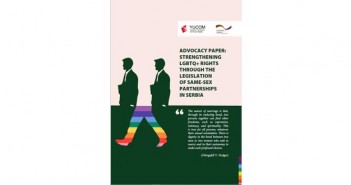
ADVOCACY PAPER: STRENGTHENING LGBTQ+ RIGHTS THROUGH THE LEGISLATION OF SAME-SEX PARTNERSHIPS IN SERBIA
The journey towards legal recognition of same-sex partnerships in Serbia has been ongoing for years. The National Strategy for the Prevention of Discrimination (2013-2018) highlighted the need for a law on samesex partnerships, yet it took until February 2021 for the Ministry of Human and Minority Rights and Social Dialogue to initiate a draft. Despite the established consensus of the CSOs and the executive government, the further adoption of the law was stopped.


